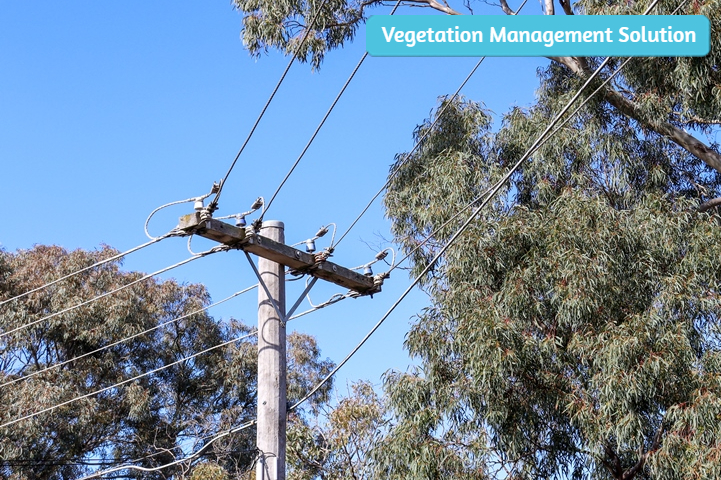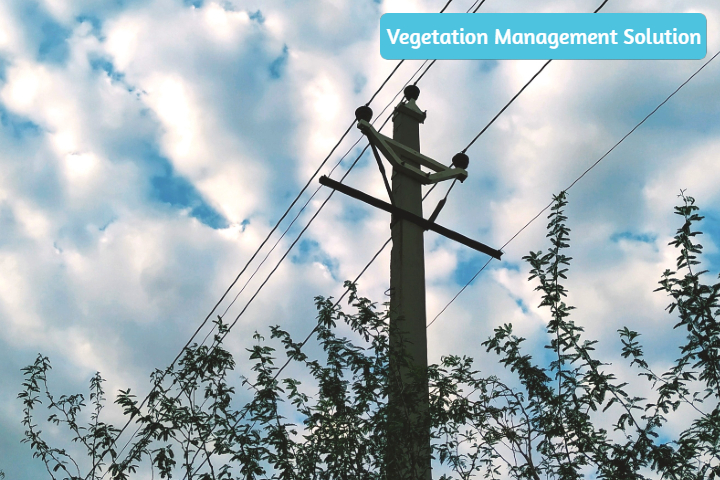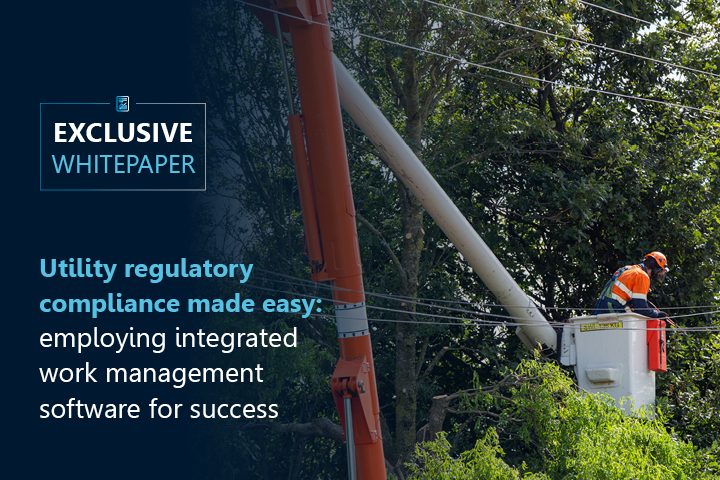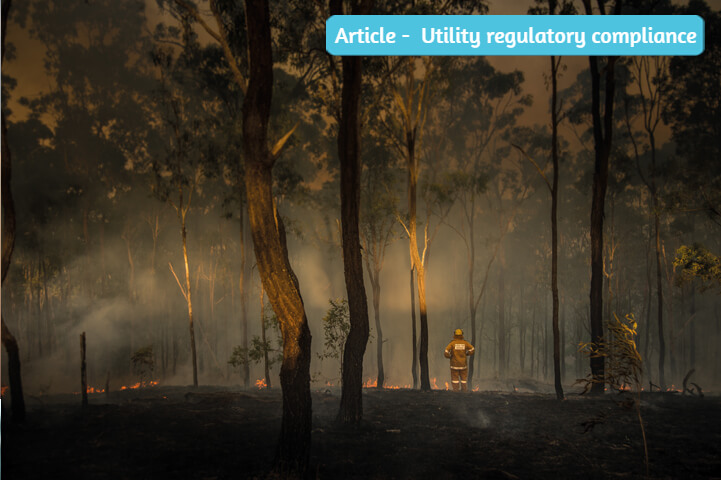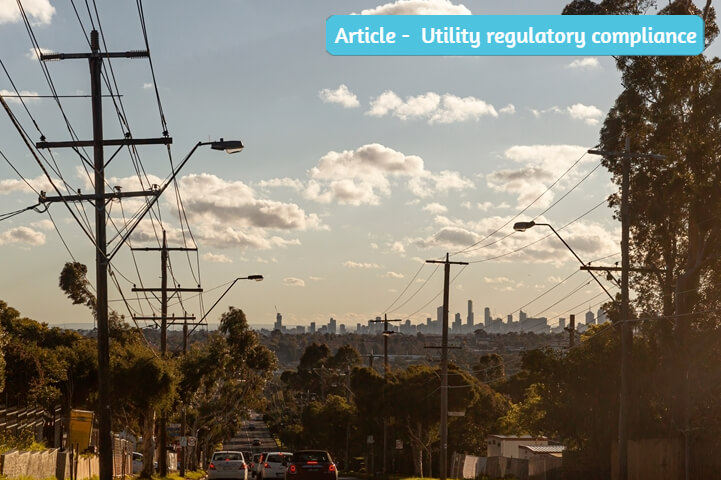articles
Energy auditing with the AER: staying on the right side of the regulator
13 June 2023
The Australian Energy Regulator (AER) is responsible for energy market regulation, including monitoring, investigating and enforcing compliance with the National Energy Retail Rules, the National Energy Retail Law, and relevant National Regulations. With hefty penalties for non-compliance, utilities need to employ systems that allow them to effectively and transparently record and track their activities, ensuring they’re equipped with the necessary information if they are audited.
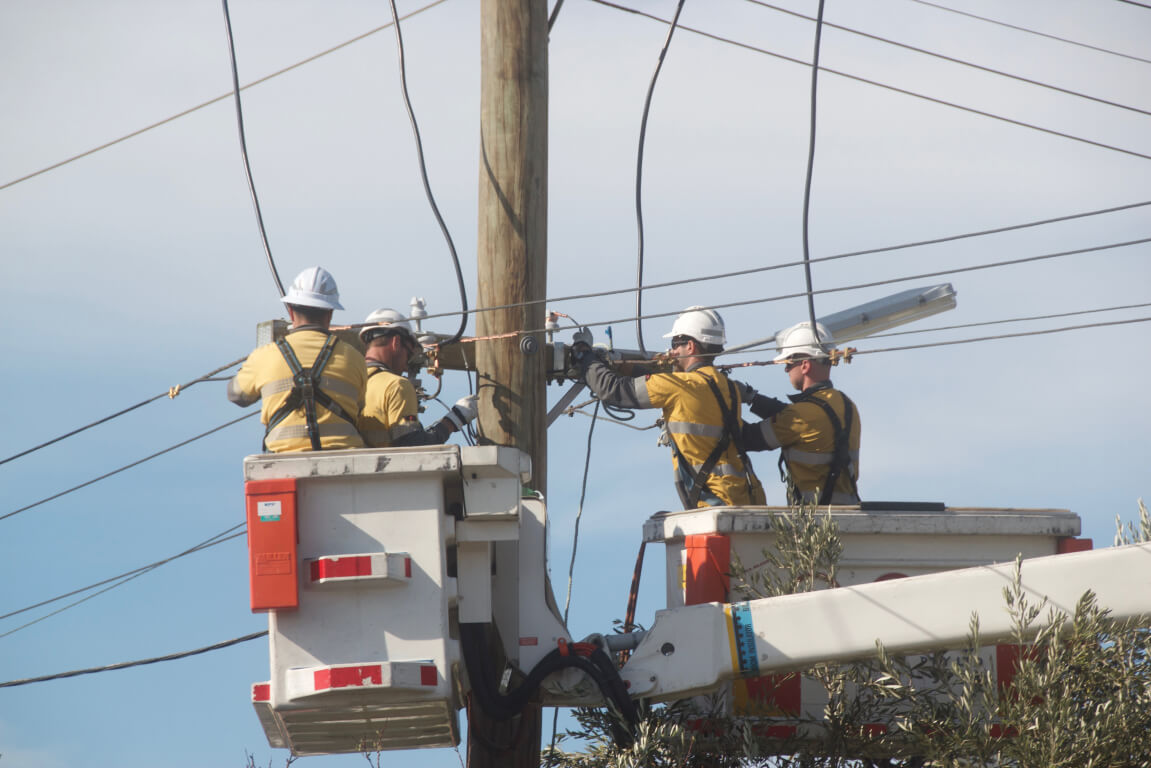
If and when national energy laws and rules are breached, the AER is responsible for taking appropriate action. Non-compliance penalties can include lengthy court proceedings and substantial fines.
Compliance audits must be carried out in accordance with the AER Compliance Procedures and Guidelines. As well as this, the AER has released a Practice Guide for Compliance Audits, offering supplemental information on compliance audits in the Guidelines.
The AER Compliance and Enforcement Policy outlines the way the AER responds to potential breaches and the factors under consideration when the AER is deciding whether to take action.
If predetermined conditions are met, the AER may request one of a variety of audits to be conducted.
Audits over the years
The AER has selected a number of different focus areas for audits in recent years. These include:
Information at your fingertips
There’s no telling when an audit will happen, but with Xugo work management software (WMS) utilities can record and monitor their activities at all times, so that when an audit is requested, all the information they need is at their fingertips. As such, Xugo assists utilities to achieve compliance and avoid the repercussions of failing to meet regulatory obligations.
Xugo’s in-depth ability to monitor activities means utilities don’t need to scramble to collect the required information for when the auditors come knocking.
Xugo makes it easy to gather data, and the WMS’s audit traceability means information required by the AER is easy to access and provide.
Staying on the right side of the AER
Easy to use, Xugo’s WMS is configurable to fit utilities’ requirements. Xugo can be programmed to ensure that utilities are recording and monitoring information in compliance with national energy laws and rules.
With details of the audits the AER carries out available online, utilities can set up their systems to ensure they are doing everything necessary across the key audit areas to stay on the right side of the AER.
Utilities that employ a WMS like Xugo to track and monitor their activities are ensuring that not only are they meeting compliance with energy laws and rules, but also that they will be able to provide all necessary information in the instance that they are audited.

